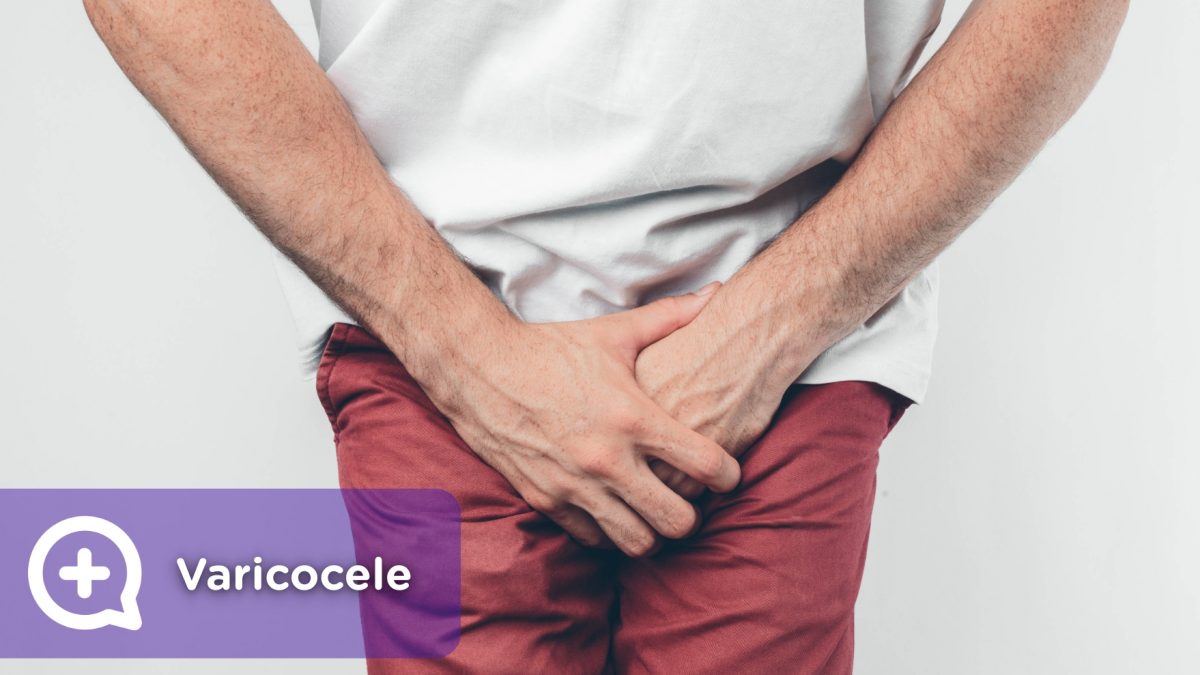Do you know that you can have varicose veins in your testicles? Yes, just like in your legs, but in your testicles. They usually appear between the ages of 15-25 and can cause infertility. It rarely occurs after age 40, and it is important to monitor from early on.
What is varicocele?
It is a spermatic cord that is around the testicles, composed of arteries, veins and nerves, that transports blood to the testicles, as well as semen to the vas deferens. When one of them does not work, part of the blood returns, accumulates in the vein and generates swelling.
It usually appears in the growth stage, especially at puberty, which is the stage when the testicles develop and need more blood supply. According to the Spanish Society of Vascular and Interventional Radiology, varicocele affects between 8 and 23% of the male population, reaching 40% of adults with fertility problems.
It cannot be prevented, but there are some signs that can help:
- Pain inside the scrotum (the sack containing the testicles)
- Heavy sensation in the scrotum
- Change in testicle size
- Testicular atrophy
- Some small lump detected by palpation
Where does it usually appear?
Varicocele usually appears on the left side of the scrotum, since the blood flow is greater on that side. It rarely happens in both testicles at the same time.
Even if you do not have symptoms, it is a good idea to regularly do a testicular self-exam to detect any abnormality, such as a lump, a small pain, a change in size, etc. You should go to the doctor whenever there is any change or discomfort. One can get an ultrasound to get a definitive diagnosis.
Fertility problems can result from varicocele, so if symptoms occur, they must be eliminated. This does not guarantee that there will not be a fertility problem. It is recommended to perform other treatments to address the problem.
If there are not any symptoms, varicocele does not need to be treated since it is harmless and will most likely not affect fertility. When there is pain and swelling, though, there may be some alternative options.
What happens if there is pain or swelling?
- You can continue having sex, as long as it does not hurt.
- It does not influence the causes of premature ejaculation.
- It does not affect erections, only in some cases.
- If there is pain, you can apply ice packs for about 10 minutes to reduce the pain.
- If you have inflammation, you can take hot water baths, for at least 5 minutes.
*Content validated by the mediQuo medical team.



